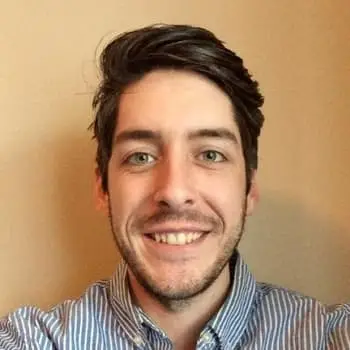he hallucinogen family includes some drugs that are associated with risk for addiction, including PCP and ketamine. These drugs may require professional treatment and rehab to quit.
Hallucinogens are a broad group of drugs that have different mechanisms of action, side effects and risks. In general, hallucinogens can be grouped into two categories:
- Classical hallucinogens, or psychedelics, are usually what comes to mind when people think of hallucinogens. Examples include LSD, mescaline, psilocybin (magical mushrooms) and DMT.
- Dissociative hallucinogens have significant hallucinogenic properties and can cause a sense of detachment from reality. Common examples of dissociative hallucinogens include ketamine, PCP, DXM, and nitrous oxide. Some of these drugs are used alongside anesthesia during surgery.
These two categories have very different risks for misuse, dependence and addiction. Evidence indicates that these risks are very low in classical hallucinogens and that these hallucinogens may be helpful in managing mental health conditions.
Some dissociative hallucinogens may also be helpful in treating mental health conditions. However, they are associated with a much higher risk of misuse, dependence, and addiction.
Treatment Can Be Life Changing. Reach out today.

Research into the potential benefits of these drugs is done in controlled settings and under the immediate supervision of medical professionals. Hallucinogens should never be taken recreationally.
Hallucinogen Addiction Treatment: What to Expect
The first step in any addiction treatment program is to undergo an initial evaluation at a quality rehab facility. The facility should be experienced in helping people overcome hallucinogen use disorders. This evaluation will allow you to consult with an addiction specialist about the most appropriate course of action.
Once you have enrolled in a treatment program, you will undergo a comprehensive intake interview that helps the staff understand your medical history. It is important to be honest about past and current drug use during the intake interview.
If you have a serious dependence on a dissociative hallucinogen, you may spend the first day or two in an inpatient medical detox program. While there are no FDA-approved medications for treating hallucinogen addiction, medication may be prescribed to help manage the severity of withdrawal symptoms.
Following detox, a rehab program that includes individual and group therapy sessions, cognitive behavioral therapy, motivational interviewing and other forms of counseling will begin. For people who do not require detox, the treatment process may begin here.
It is important to understand that a rehab program will likely include therapy sessions that may be uncomfortable. You will be asked to confront the mistakes you made while on hallucinogens, which can be very challenging. Many people feel ashamed or embarrassed in the early stages of recovery, but pushing through the initial discomfort will help you begin the healing process.
Hallucinogen Addiction Treatment Options
Depending on the degree of dependence or addiction, treatment for a hallucinogen addiction can take many forms. Quality rehab facilities will provide all of the following programs to ensure that their clients receive care and treatment that suits their needs.
Hallucinogen Addiction Treatment Therapies
The most common treatment therapies for hallucinogen use disorders include:
Duration of Treatment
Without a consultation, it is difficult to estimate how long a person will need to stay in rehab. Dissociative hallucinogens can be challenging to overcome, and some people may have the most success by attending a long-term rehab facility. Others may find that outpatient programs are enough. People in inpatient rehab programs may spend several weeks or months in a residential facility, followed by several months of outpatient care.
Life After Rehab
Successful recovery requires regular maintenance. The people who are most successful in long-term recovery are proactive about participating in aftercare programs. They also work to develop strong, healthy social networks that can provide support in times of weakness.
How Much Does Rehab Cost?
General estimates for 30-day rehab programs are as follows:
Other associated costs may include:
Does Insurance Cover Rehab?
Many insurance plans (including Medicaid) will cover part or all of your rehab. Contact The Recovery Village Palm Beach at Baptist Health to learn whether your insurance carrier will cover rehab with us.
There are also options for drug rehab without insurance. Many rehab facilities offer scholarships, grants and sliding fee scales to accommodate people from a wide range of income brackets. In addition, Florida provides some assistance to people who are seeking rehab.
Finding Treatment for Hallucinogen Addiction
There are many options for drug rehab in Florida, but it is important to find one that fits your specific needs. Look for a facility with a multidisciplinary team that is equipped to deal with physical, psychological and medical components of your recovery.
There are several factors to consider when you are evaluating your options, including:











